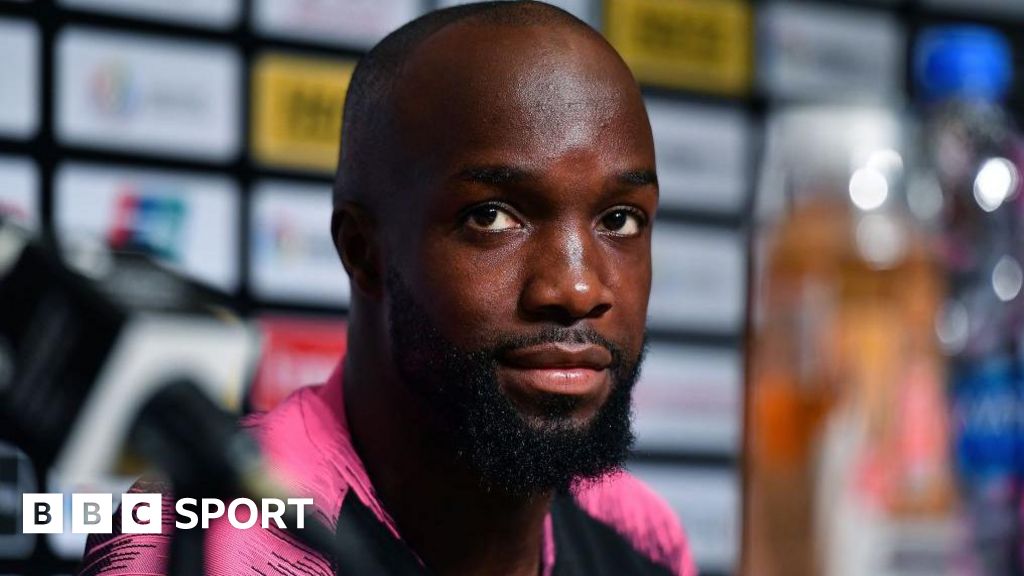A statement from global players’ union Fifpro called the judgement “a major ruling” which it said “will change the landscape of football”, but added it would communicate further after “analysing the ruling in depth”.
Diarra’s lawyers called it a “total victory” and claimed any players impacted by a similar situation could claim compensation. They said the ruling would “speed up the modernisation of governance” at Fifa.
Fifa said it would “analyse the decision in co-ordination with other stakeholders before commenting further”.
In essence, the court has determined that players should have more power to move and work where they wish, and that Fifa rules should be less restrictive.
The court’s view is that a player whose contract has been terminated, as in Diarra’s case, should be able to go and play in a different country without either the player or the new club being automatically required to pay significant compensation to the former club.
This gives greater power to players and their agents in the transfer market.
“The result could mean far-reaching consequences for the transfer system, similar to how the Bosman Ruling affected transfers in 1995,” sports barrister Tasin Patel told BBC Sport.
“Players may now be able to move more freely to other clubs by breaking with a contract as opposed to being tied to the club and contract. In addition, buying clubs may not have to pay compensation or claims.”
Sports finance expert Kieran Maguire warned that could lead to “unscrupulous people” effectively “gaming the system” by downing tools to seek a move.
“This could be something which could be exploited in the future,” he told Radio 5 Live.
“What’s prevented players from doing it in the past is if they move on elsewhere, the club that they join would have to pay a compensation fee as a form of transfer fee. This ruling says that I can now move to another club and no compensation is due.
“It has to be said the vast majority of footballers don’t want this to be the case – we all know people that push things at work in terms of dismissals and so on – but as far as the players are concerned this is a broader issue that he wasn’t able to be a professional footballer when he should have been earning money.
Maheta Molango, chief executive officer of the Professional Footballers’ Association, said it was an “important ruling which could have potentially far-reaching ramifications for the rights of players within the current transfer system”.
He added: “More widely, it demonstrates again that football cannot behave like it does not have to work within the same employment laws that apply to any other industry.”
The exact ramifications of the judgement will be made clear once Fifa puts forward its new regulations.

